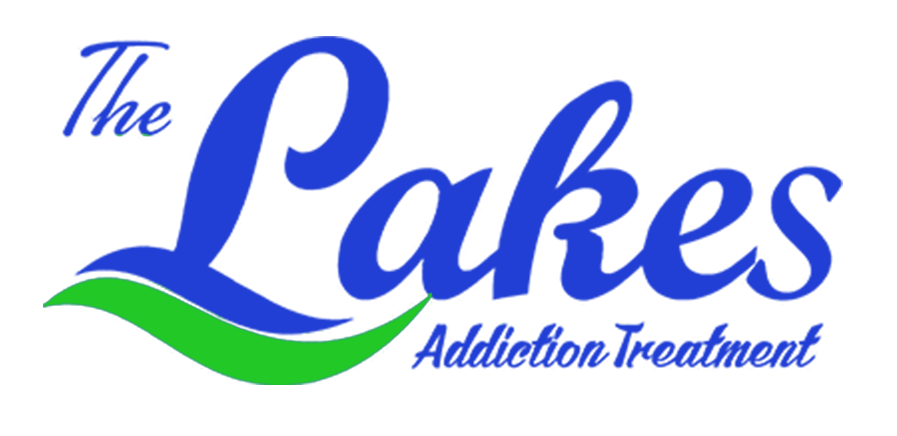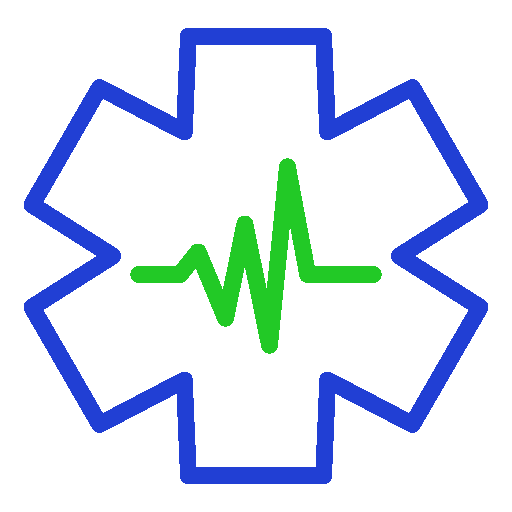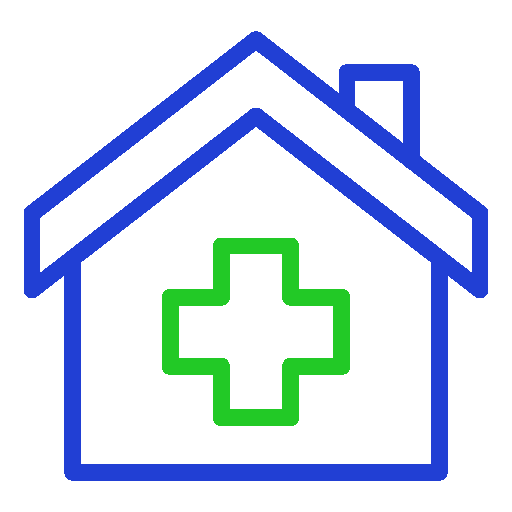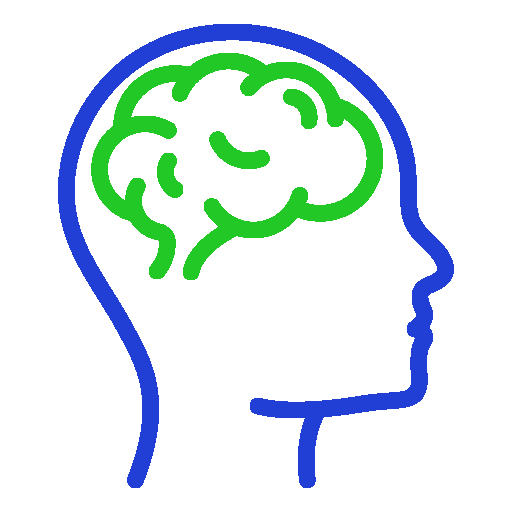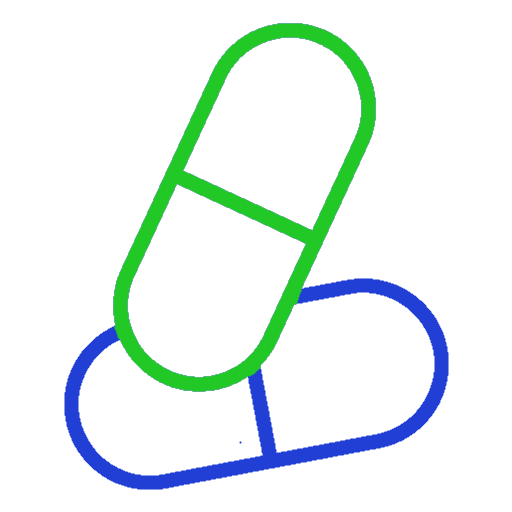During addiction recovery, getting enough quality sleep is essential for physical, mental, and emotional health. Not only does a good night’s sleep improve your ability to cope with stress, but it can also increase the effectiveness of treatment and help you stay on track toward recovery by enhancing your physical and mental health.
In honor of Sleep Awareness Week, let’s take a look at how lack of sleep affects the body during addiction recovery, as well as how to get better sleep and improve your overall recovery process.
The Importance of Sleep in Addiction Recovery
Sleep is a crucial aspect of addiction recovery, often overlooked in favor of other self-care activities. Getting enough sleep is essential for maintaining sobriety and overall well-being. A good night’s sleep can help boost recovery by improving mental and physical health.
Sleep deprivation can negatively impact mood, cognitive function, and decision-making skills. Adequate sleep is necessary for the brain to process and consolidate memories, including those related to addiction. Sleep plays a critical role in regulating emotions, reducing stress, and moderating anxiety. Chronic sleep deprivation can increase the risk of relapse in individuals in recovery.
The Effects of Poor Sleep on the Body
Lack of sleep can have serious consequences on the body. It can cause physical symptoms such as:
- Headaches
- Fatigue
- A weakened immune system
- Psychological symptoms such as anxiety, depression, and irritability
- Emotional problems such as difficulty concentrating or making decisions
All these factors are extremely important during addiction recovery because they can leave you feeling vulnerable to relapse or other negative behaviors by increasing stress and anxiety levels.
Sleep Deprivation and Relapse
Studies show that people who don’t get enough sleep are more likely to relapse and engage in drug abuse than those who get enough restful sleep throughout the night. This is because lack of sleep has been linked to increased cravings for drugs or alcohol due to brain chemistry changes caused by insufficient sleep.
Additionally, without proper restful sleep, it’s much harder to focus on managing cravings and implementing healthy coping mechanisms like exercise or meditation, which are key components for successful long-term recovery.
Sleep Disorders and Addiction
Sleep disorders are common among individuals struggling with addiction. These disorders can contribute to the development and maintenance of addiction, and addiction can exacerbate sleep problems.
The most common sleep disorders associated with addiction include insomnia, sleep apnea, and restless leg syndrome.
- Insomnia is characterized by difficulty falling asleep or staying asleep
- Sleep apnea is marked by pauses in breathing during sleep.
- Restless leg syndrome causes an uncontrollable urge to move the legs during sleep.
These sleep disorders can significantly impact an individual’s quality of life and increase the risk of relapse.
The Impact of Sleep on Cognitive Function
Sleep plays a critical role in cognitive function, including attention, concentration, and memory consolidation.
During sleep, the brain processes and consolidates information, transferring it from short-term to long-term memory. But sleep deprivation can impair cognitive function, leading to difficulties with attention, concentration, and decision-making. In individuals recovering from addiction, sleep deprivation can increase the risk of relapse by impairing cognitive function and leading to impulsive decisions.
Establishing a consistent sleep schedule and practicing healthy sleep habits can help improve cognitive function and reduce the risk of relapse.
How to Improve Sleep in Addiction Recovery
Fortunately, you can take steps to ensure you get quality restful sleep during addiction recovery to avoid relapse and stay on track with your goals. These include:
- Avoiding caffeine after lunchtime (which can make it difficult to fall asleep)
- Exercising regularly (which helps reduce stress levels)
- Limiting screen time before bed (to reduce stimulation)
- Setting a consistent nighttime routine (to train your body when it’s time for bed)
- Not going to bed until you feel tired (this will help prevent tossing and turning all night)
Maintaining a healthy sleep schedule is crucial for ensuring consistent and restorative sleep.
Additionally, speaking with a therapist or doctor about any underlying issues that may be impacting your ability to fall asleep is also recommended in order to create a comprehensive plan tailored specifically for you, ensuring you get good sleep.
Creating a Sleep-Friendly Environment
Creating a sleep-friendly environment is essential for improving sleep quality. This can be achieved by establishing a consistent sleep schedule, creating a relaxing bedtime routine, and optimizing your sleep environment.
- A warm bath, reading a book, or practicing relaxation techniques such as meditation or deep breathing can help signal to the brain that it’s time to sleep.
- The sleep environment should be cool, quiet, and dark, with a comfortable mattress and pillows.
- Electronic devices should be avoided in the bedroom, and the bed should be reserved for sleep and intimacy.
Seeking Professional Addiction Recovery Support
With the right addiction treatment plan in place, it’s possible to successfully recover from addiction with improved mental health while also improving your sleeping habits along the way. Addressing any underlying sleep disorder is essential for managing stress levels and reducing cravings for drugs or alcohol.
To ensure that you’re getting good sleep during addiction recovery, follow the tips mentioned above. Then, be sure to speak with a medical professional so that they can help create a personalized plan tailored specifically for you!
For additional recovery needs and questions, contact The Lakes Treatment Center at (209) 309-3573.
